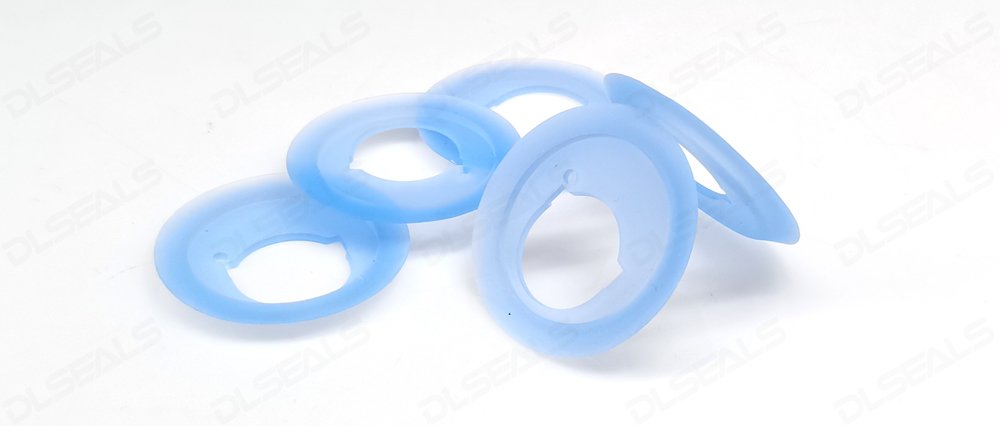Rubber seals play a crucial role in various industrial applications, providing essential functions in sealing, protecting, and enhancing the performance of machinery and equipment. Understanding the significance of rubber seals and their diverse applications is essential for optimizing industrial processes and ensuring operational efficiency. In this comprehensive guide, we delve into everything you need to know about rubber seals in industrial settings.
Introduction to Rubber Seals:
Rubber seals, commonly made from materials like silicone, EPDM, or neoprene, are flexible components designed to prevent the leakage of fluids or gases in mechanical systems. Their elasticity, resilience, and chemical resistance make them ideal for sealing applications in a wide range of industries, including automotive, aerospace, manufacturing, and construction.
Types of Rubber Seals:
Rubber seals come in various types and configurations to suit different sealing requirements. Some common types include O-rings, gaskets, lip seals, and diaphragms. Each type has unique characteristics and is suitable for specific applications, such as high-pressure environments, extreme temperatures, or corrosive conditions.
Industrial Applications of Rubber Seals:
Rubber seals find extensive use across diverse industrial sectors, contributing to the efficient operation of machinery and equipment. They are utilized in hydraulic systems, pneumatic systems, engines, pumps, valves, and other critical components to prevent fluid leakage, minimize contamination, and maintain system integrity. Additionally, rubber seals play a vital role in sealing joints, connections, and interfaces in infrastructure projects, such as bridges, tunnels, and pipelines.
Benefits of Rubber Seals:
The use of rubber seals offers several benefits in industrial applications. These include:
Excellent sealing properties, ensuring leak-free performance
Resistance to wear, tear, and abrasion, prolonging service life
Compatibility with various fluids, chemicals, and operating conditions
Flexibility to accommodate dynamic movements and thermal expansion
Ease of installation and maintenance, reducing downtime and costs
Factors to Consider When Selecting Rubber Seals:
When choosing rubber seals for industrial applications, several factors should be considered to ensure optimal performance and reliability. These factors include:
Operating conditions, such as temperature, pressure, and environmental exposure
Compatibility with the fluids and chemicals being sealed
Size, shape, and dimensions of the sealing interface
Material properties, including hardness, resilience, and chemical resistance
Compliance with industry standards and regulatory requirements
Maintenance and Replacement of Rubber Seals:
Proper maintenance and timely replacement of rubber seals are essential for ensuring continued performance and preventing unexpected failures. Regular inspection, lubrication, and cleaning can help extend the service life of seals and minimize the risk of leakage or malfunctions. When signs of wear, damage, or degradation are observed, seals should be promptly replaced to avoid costly downtime and repairs.
Conclusion:
In conclusion, rubber seals play a critical role in industrial applications by providing effective sealing solutions for a wide range of equipment and systems. Understanding the importance of rubber seals, their various types, applications, and maintenance requirements is essential for optimizing performance, reliability, and safety in industrial operations. By selecting the right seals and implementing proper maintenance practices, businesses can enhance efficiency, minimize downtime, and achieve long-term success in their operations.
This comprehensive guide aims to provide valuable insights into the role of rubber seals in industrial applications, empowering businesses and professionals to make informed decisions regarding seal selection, installation, and maintenance.
Post time: May-14-2024

